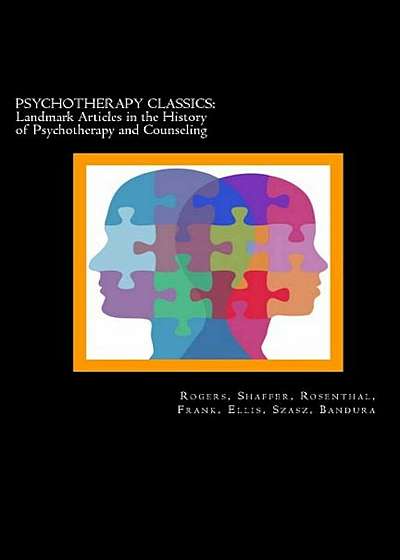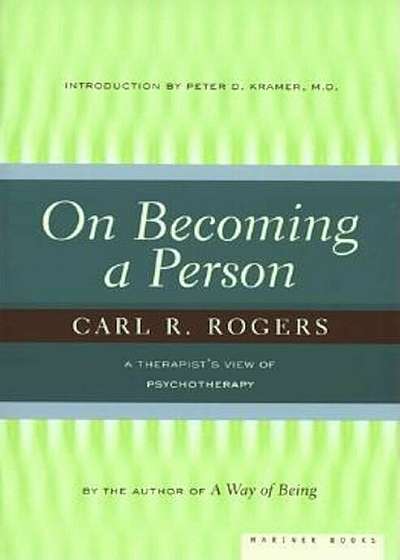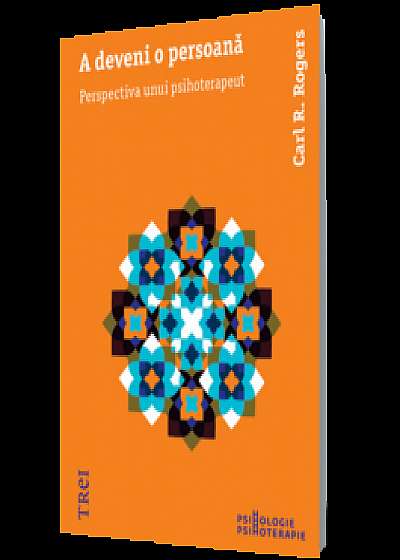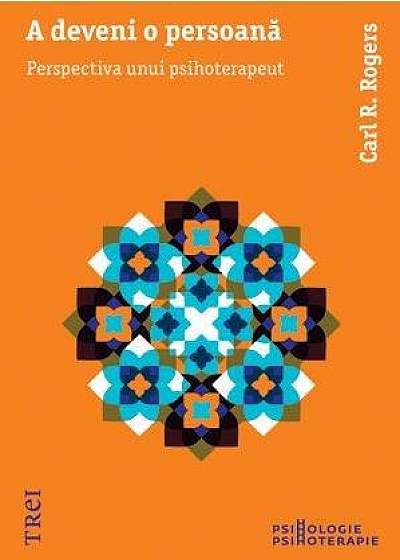
Psychotherapy Classics: Landmark Articles in the History of Psychotherapy and Counseling, Paperback
Descriere
Contributor(s):Author: Carl Rogers Author: Laurance Shaffer Author: David Rosenthal Psychotherapy Classics Featuring contributions from some of the most influential and enigmatic thinkers of the 20th century, Psychotherapy Classics: Landmark Articles in the History of Psychotherapy and Counseling is essential reading for anybody with an interest in this area. Significant Aspects of Client-Centered Therapy By Carl Rogers In this landmark publication Carl Rogers outlines the origins of client-centered therapy, the process of client-centered therapy, the discovery and capacity of the client and the client-centered nature of the therapeutic relationship. The Problem of Psychotherapy by Laurance Shaffer Originally presented as the address of the President of the Division of Clinical and Abnormal Psychology, American Psychological Association; this landmark paper draws attention to issues relating to the nature of the therapeutic process within psychotherapy which are just as relevant today: How can we understand what takes place in the therapeutic interview? Why does it readjust the distressed person? Under what conditions is psychotherapy applicable? What techniques, applied in appropriately selected circumstances will produce predictable and effective results? Shaffer's central argument is that the psychologist's major problem with respect to therapy is not that of the professional conditions of practice, but is the problem of understanding what therapy is and does. Psychotherapy And The Placebo Effect by David Rosenthal & Jerome D. Frank Describes the placebo effect, discusses some of its implications for the evaluation of psychotherapy, and makes recommendations concerning research design in psychotherapy based on these considerations. Rational Psychotherapy and Individual Psychology by Albert Ellis One of the first published accounts of rational psychotherapy; a theory of personality and a system of therapeutic technique that would eventually develop into what is now k











